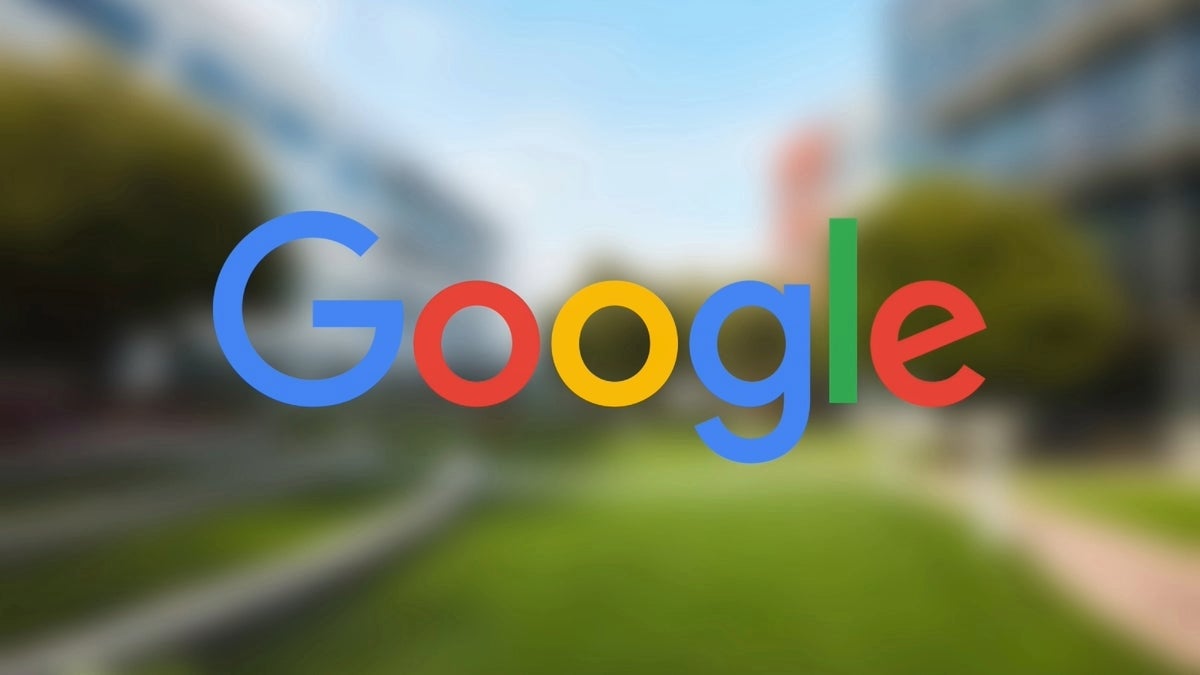Google Triumphs Over €1.49 Billion EU Fine in Court
After a prolonged legal battle, Google's fine for alleged antitrust violations in the EU has been overturned, raising questions about future tech regulation in Europe.
Published September 19, 2024 - 00:09am

Image recovered from phonearena.com
Google has recently emerged victorious in a significant legal battle against the European Union, successfully overturning a fine of €1.49 billion (approximately $1.7 billion). This fine, initially imposed in 2019, concerned allegations that Google had engaged in antitrust practices through its AdSense for Search advertising service.
The dispute extends back to claims by the European Commission that Google had abused its dominant market position by restricting competitive advertising. These restrictions were ostensibly enforced through contractual clauses that limited how other websites could display search ads from competing services.
According to the EU's General Court, part of the European Court of Justice, the European Commission did not sufficiently consider all relevant factors in its ruling. The court acknowledged some of the Commission's findings but decided to annul the hefty fine, deeming the Commission's assessment incomplete. The ruling underscores an ongoing struggle between the tech giant and European regulators over competition and market practices.
Multiple tech companies, including Microsoft, Expedia, and Deutsche Telekom, had expressed concerns over Google's alleged monopolistic practices, prompting the European Commission's initial investigation and subsequent fine. Google responded by modifying its AdSense model to address these complaints, yet the fine was imposed regardless, sparking a protracted legal battle that has now tilted in Google's favor.
This latest development comes amid a series of fines levied against Google by the EU between 2017 and 2019, amounting to €8.2 billion (over $9 billion). The €1.49 billion penalty was one of three major fines during this period, with Google still embroiled in legal skirmishes over additional penalties. For instance, Google is contesting a reduced fine of €4.1 billion (originally €4.3 billion) for allegedly imposing illegal restrictions on Android smartphone manufacturers to bolster its search business.
Despite these victories, Google remains under scrutiny. The EU has introduced the Digital Markets Act (DMA), which aims to proactively curb antitrust violations by tech giants through clear and preemptive regulatory measures. Under the DMA, companies like Google, Meta (Facebook's parent company), and Apple are already subjects of investigations, indicating that the European regulatory landscape for big tech is set to become increasingly stringent.
In a separate but related matter, Google faced another legal setback last week when the European Court of Justice upheld a €2.4 billion fine related to its Google Shopping service. The court ruled that Google had abused its market dominance by prioritizing its comparison shopping results over those of competitors, even though the company had revised its practices to comply with EU regulations.
These ongoing legal battles highlight the tension between the European regulatory framework designed to maintain fair competition and the operational strategies of global tech companies striving to maintain market dominance. The annulment of the €1.49 billion fine reflects the complexities and challenges in enforcing antitrust laws within the rapidly evolving tech industry, where innovation often outpaces regulation.
In summary, while Google has successfully navigated this particular legal hurdle, the broader implications for its business practices and regulatory compliance in Europe remain significant. With the introduction of the DMA and ongoing scrutiny from European authorities, the tech giant will likely continue to face formidable challenges in balancing regulatory demands with its business objectives.






